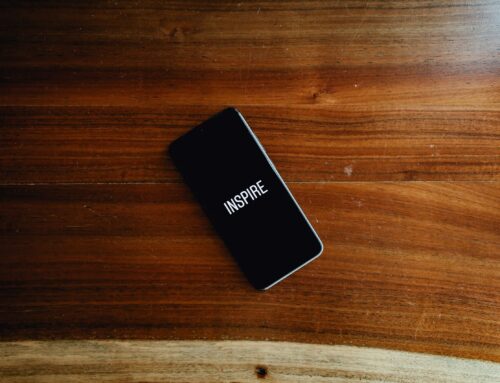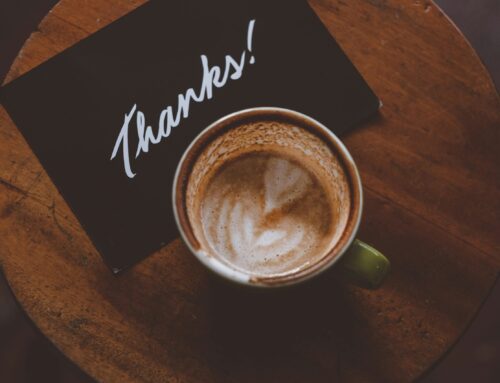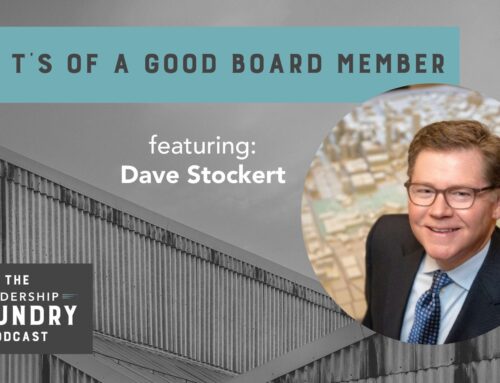By Randy Hain
Before the COVID-19 pandemic, I averaged two daily coffee meetings and a lunch with my clients and business network five days a week, and I had done this for more than twenty-five years. I largely built my network through this approach and truly looked forward to those daily encounters and deep conversations with clients, friends, and other business professionals. When the pandemic hit in 2020 and the world was turned upside down, we were forced into our home prisons, and nurturing relationships with our networks was not the top priority. As time passed and we understood better how to navigate through COVID-19, we embraced a mix of virtual connecting and meetings with safe-distancing and masks. Eventually, we have returned to a normal way of life as fear of the disease faded and our ability to combat and live with it dramatically increased.
I have intentionally not returned to my old habits of daily coffees and lunches with my network. I still work virtually 50 percent of the time as this is a more suitable fit for the confidential conversations my executive coaching and consulting work requires and the global makeup of my clients. I now connect with and nurture my network on a more selective in-person basis that works for my calendar and my desire for a healthier lifestyle, as these days I often get in a quick workout at noon.
This focus on fewer in-person conversations has surprisingly increased my enjoyment of the meetings and enhanced the quality of the conversations. Because of this narrower focus, I am more fully present and aware when I do meet with others, and I believe this reflects positively on the quality of my coaching conversations—and has led to a deeper investment in work, friend and family relationships, and my renewed passion for writing over the last few years. As a result of this shift, I have also increased the handwritten notes I send, random catch-up calls to friends and more frequently text or email to offer encouragement or just say hello to people in my network.
About six weeks before I finished the manuscript for my newest book, Being Fully Present: True Stories of Epiphanies and Powerful Lessons from Everyday Life, I had an interesting series of impactful in-person meetings over the course of one week that illustrates the power of this deeper focus on quality time with others.
A coffee meeting with a client prospect . . .
I had an early morning coffee meeting with a senior HR executive client prospect near his office. The HR leader reached out to me via LinkedIn and was interested in having me coach an executive on the senior leadership team of his company. We exchanged the usual back-and-forth questions about each other’s backgrounds as we got to know each other. Halfway through the meeting, he asked me to send him a scope of work agreement to get started and with a smile said that I “came as advertised.” I asked him what he meant, and he said I had helped his younger brother with his job search almost twenty years ago. His brother had been downsized from his company, and I was one of the only people who took the time to meet him, offer guidance, and make helpful introductions. His brother had remembered this kindness and strongly encouraged his brother to reach out to me.
This reminded me of something my parents always taught me as a kid: “Always do the right thing. It will eventually come back to you, often in unexpected ways.” Sometimes our time investment and little acts of kindness may come back to us like with this unexpected client and his brother’s recommendation, and sometimes all we may receive is the quiet satisfaction that we did the right thing, which should always be payment enough.
A glass of wine with a good friend . . .
As an executive coach and someone who loves helping people, I brought this mindset with me as I met a good friend of mine for a drink the evening after the coffee meeting. We caught up with the latest family and work happenings while managing a few belly laughs, as this particular friend is great at poking fun at the absurdity of life. As the conversation continued, I found that it was my friend giving me great coaching and wise counsel, not the other way around. In the company of this trusted buddy I have known for almost twenty years, I found myself unburdening myself of things that were bothering me, the anxiety I was feeling about the current state of the world, and other obstacles I was working to overcome. The coach had become the coachee.
So often we may be struggling with burdens and stress we don’t have to carry alone. How often do we let our guard down and allow friends and family members help us shoulder the load? I have struggled most of my life to allow others to help me as I detailed in chapter four of the book, but every time I put my ego aside and seek help or receive it when it is kindly given, I feel an immediate sense of relief and gratitude.
Lunch at our favorite Thai restaurant . . .
The Friday of that same week, I had the opportunity to have lunch with my son Alex, who has high-functioning autism. He lives at home with us and had been irritable that week and generally out of sorts. My wife and I were struggling to figure out why he was not himself when he asked me on Wednesday if we could do “something fun” together on Friday when he was off work. Alex rarely makes these requests, so I reorganized my schedule to be available.
We were able to play a round of putt-putt, which he loves, then head over to lunch at our favorite Thai restaurant. He seemed in a much better mood and more like himself as we ate our food. We had the usual conversations about favorite restaurants, our upcoming beach vacation, movies, and the Peloton workout he was doing that afternoon. I asked him near the end of our meal why he had been having a tough week, and he simply said, “I don’t know. I just wanted to spend time with you.”
In that short sentence, Alex addressed the problem in a way that is often difficult for people on the autism spectrum to express. I was thankful I had been able to adjust my schedule to be present and address his desire for time with me. This may seem like a little thing to you, but how often do we miss these critical moments with loved ones and friends because of work or other priorities that are probably not as important as we think they are in the moment?
Being fully present in conversation is a gift to the person in front of you and a gift to yourself. It took a pandemic for me to adjust my meeting habits and focus on a deeper investment with fewer people and special weeks with meetings like the ones I just described to encourage me to stay on this path. I am grateful for everyone in my network, but as I get older, I desire the emphasis to increasingly be on more focused quality time and memorable moments.
Who will benefit from your focused attention this week? What might happen if you are open to and looking for surprising outcomes like the ones I shared in this post?
*Adapted from the new book, Being Fully Present: True Stories of Epiphanies and Powerful Lessons from Everyday Life








